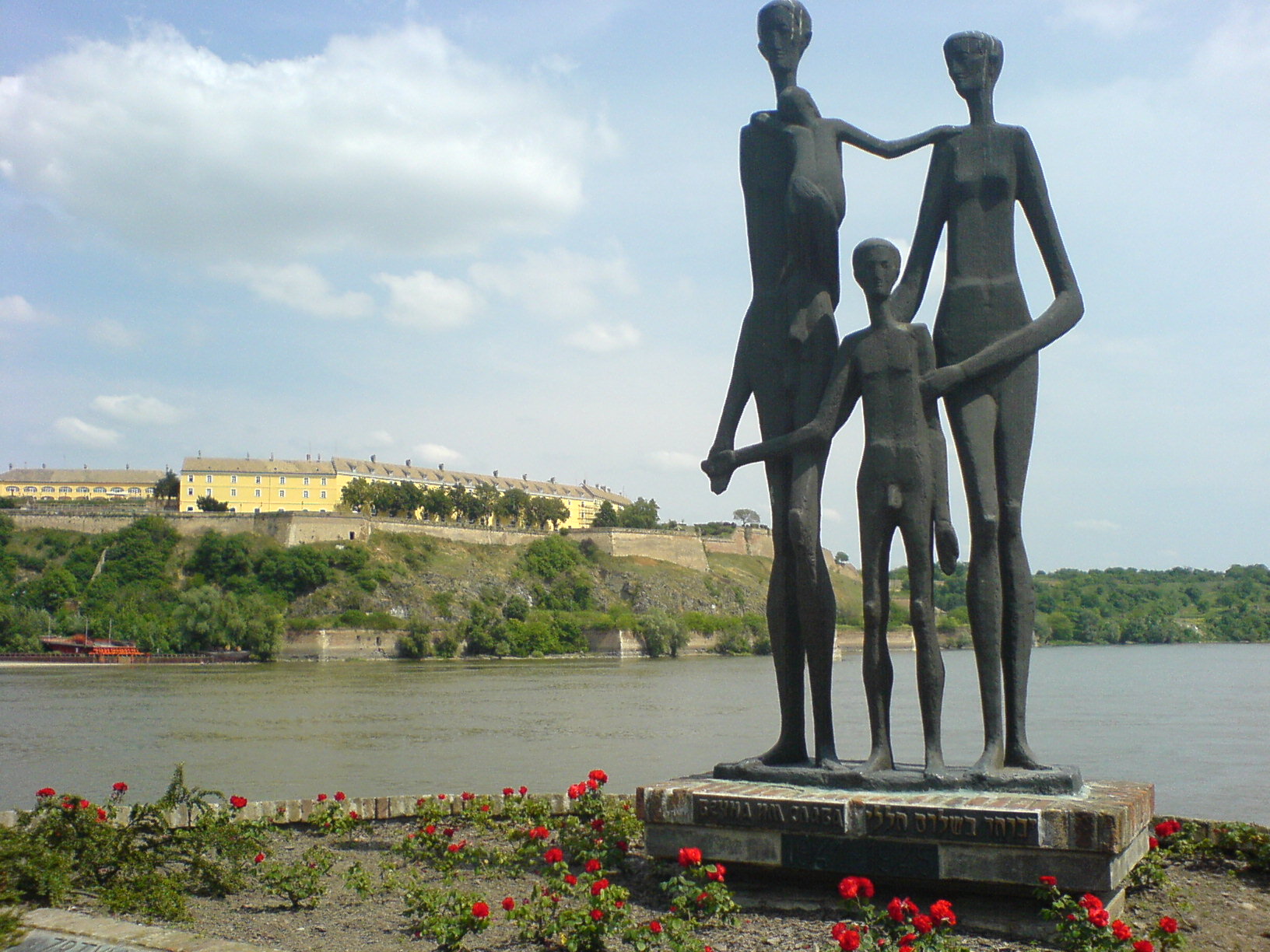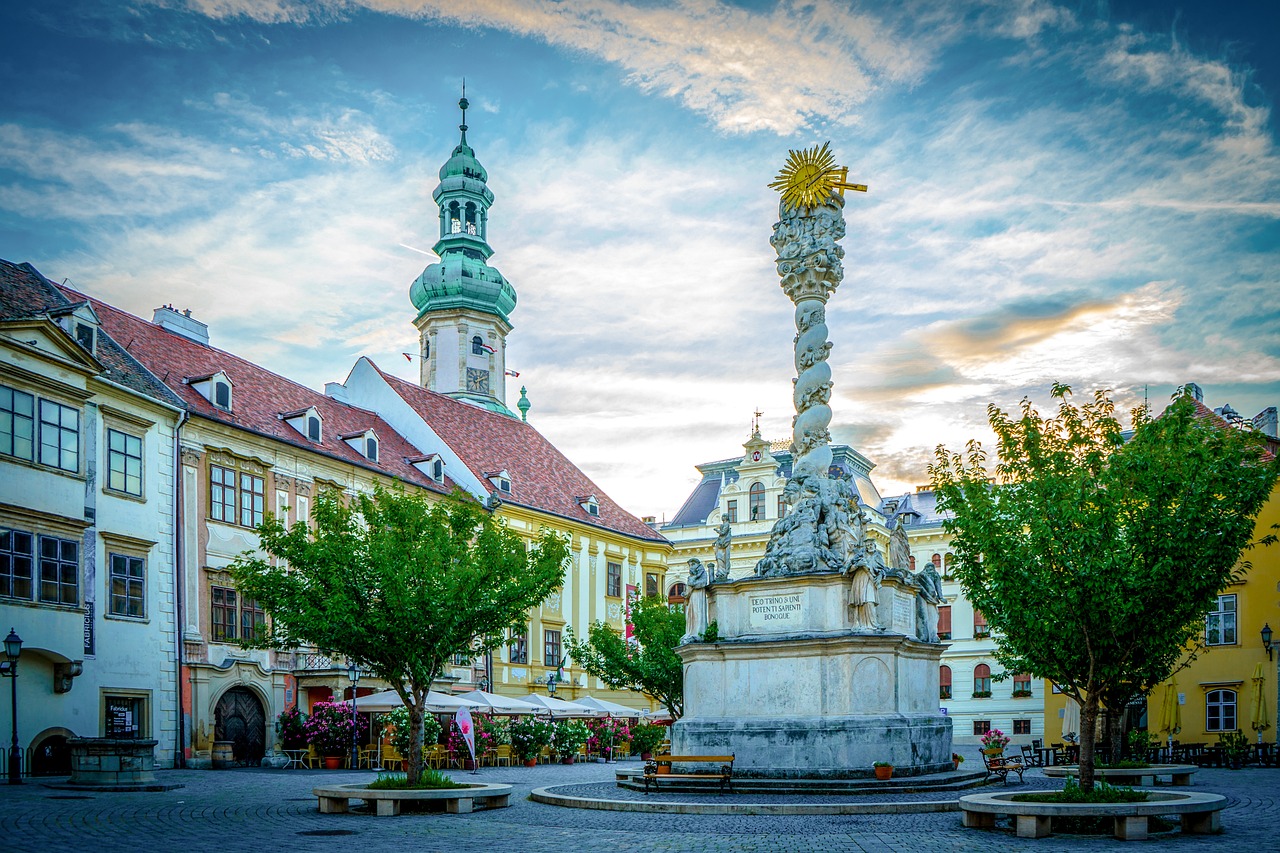
Katalin Szili emphasized the need to address historical atrocities, particularly those committed in Vojvodina.Continue reading

December 14 marked the 103rd anniversary of the Day of Loyalty with a ceremony in Kópháza (western Hungary). The occasion celebrates the 1921 referendum in which Sopron and surrounding settlements voted to remain part of Hungary.
Secretary of State János Nagy highlighted the significance of this historical decision, reflecting on Hungary’s struggles after World War I (WWI). “Hundred years ago, we were the losers and the main victims of a war in which we had no interest. We were dragged into it. Hundreds of thousands of Hungarians died or were crippled for life. And when the bloodshed ended, the ‘black soup’ followed,” he said, referring to the territories lost under the Treaty of Trianon (June 4, 1920). He called the treaty a “slap in the face” to democracy, as borders were redrawn without consulting the people.
Mr. Nagy emphasized Hungary’s enduring belief in referendum as a tool to uphold democratic principles and counter harmful ideologies.
We have always loved the institution of the referendum. Today, we must decide in favor of what builds the country, not destroys it. This is why we stand for Christianity, families, Hungarian farmers, Hungarians abroad, as well as for Europe and NATO,” he said.
The 1921 referendum, held in Sopron and nearby municipalities, became a historic moment when 65.1% of the population chose to remain part of Hungary. Despite being predominantly Austrian and German-speaking, 72.8% of Sopron’s voters favored Hungary, making this the only instance when the Treaty of Trianon was amended.
The Secretary of State drew parallels between historical and modern challenges, accusing Western powers of imposing unwanted ideologies and conflicts on Hungary.
Unfortunately, it is no different today. Countries that disagree with the great powers are still being declared guilty. Brussels has no intention of doing what the majority of Europeans want,” he stated.
The ceremony underscored Hungary’s enduring commitment to self-determination, unity, and national values, as symbolized by the people’s loyalty in 1921.
Via MTI; Featured Image: Pixabay